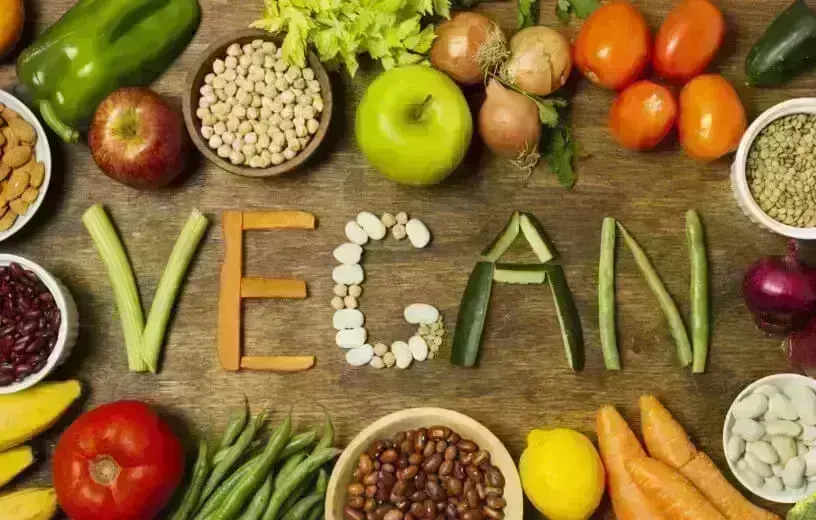- Home
- Medical news & Guidelines
- Anesthesiology
- Cardiology and CTVS
- Critical Care
- Dentistry
- Dermatology
- Diabetes and Endocrinology
- ENT
- Gastroenterology
- Medicine
- Nephrology
- Neurology
- Obstretics-Gynaecology
- Oncology
- Ophthalmology
- Orthopaedics
- Pediatrics-Neonatology
- Psychiatry
- Pulmonology
- Radiology
- Surgery
- Urology
- Laboratory Medicine
- Diet
- Nursing
- Paramedical
- Physiotherapy
- Health news
- Fact Check
- Bone Health Fact Check
- Brain Health Fact Check
- Cancer Related Fact Check
- Child Care Fact Check
- Dental and oral health fact check
- Diabetes and metabolic health fact check
- Diet and Nutrition Fact Check
- Eye and ENT Care Fact Check
- Fitness fact check
- Gut health fact check
- Heart health fact check
- Kidney health fact check
- Medical education fact check
- Men's health fact check
- Respiratory fact check
- Skin and hair care fact check
- Vaccine and Immunization fact check
- Women's health fact check
- AYUSH
- State News
- Andaman and Nicobar Islands
- Andhra Pradesh
- Arunachal Pradesh
- Assam
- Bihar
- Chandigarh
- Chattisgarh
- Dadra and Nagar Haveli
- Daman and Diu
- Delhi
- Goa
- Gujarat
- Haryana
- Himachal Pradesh
- Jammu & Kashmir
- Jharkhand
- Karnataka
- Kerala
- Ladakh
- Lakshadweep
- Madhya Pradesh
- Maharashtra
- Manipur
- Meghalaya
- Mizoram
- Nagaland
- Odisha
- Puducherry
- Punjab
- Rajasthan
- Sikkim
- Tamil Nadu
- Telangana
- Tripura
- Uttar Pradesh
- Uttrakhand
- West Bengal
- Medical Education
- Industry
Vegan diet linked to poorer bone health in new study

The vegan diet is on-trend. How this type of diet affects health is the subject of scientific studies.Scientific evidence suggests that a vegan diet might be associated with impaired bone health.
Researchers at German Federal Institute for Risk Assessment (BfR) compared the bone health of 36 vegans, as well as 36 people following a mixed-food diet with an ultrasound measurement of the heel bone. They found that on average, people following a vegan diet had lower ultrasound values compared to the other group thereby indicating poorer bone health.
In the study, the scientists also determined biomarkers in blood and urine. This aims to identify nutrients that might be related to diet and bone health. Out of 28 parameters of nutritional status and bone metabolism, it was possible to identify twelve biomarkers most strongly associated with bone health - for example, the amino acid lysine and vitamins A and B6. The results show that in most cases, the combination of these biomarkers was present in lower concentrations in vegans. This could be a possible explanation for the poorer bone health. "A vegan diet is often considered health-conscious. However, our scientific findings indicate that a vegan diet does affect bone health," says BfR President Professor Dr. Andreas Hensel.
Link to publication:
https://www.mdpi.com/2072-6643/13/2/685/htm
Nutrition plays an important role in bone health. This was more closely investigated in the BfR's cross-sectional "Risks and benefits of a vegan diet" study. 72 men and women participated in the study. The bone health of all participants was assessed at the heel bone using ultrasound measurements. Information on age, smoking status, education, body mass index, physical activity and alcohol consumption was also collected. By using a statistical model, the BfR was able to identify a pattern of twelve biomarkers that play an important role in bone health from 28 nutrition- and bone-relevant parameters from blood or urine. It was shown that in combination vitamins A and B6, the amino acids lysine and leucine, omega-3 fatty acids, selenoprotein P, iodine, thyroid-stimulating hormone, calcium, magnesium and α-Klotho protein were positively associated with bone health. Conversely, lower concentrations of the hormone FGF23 were observed at higher ultrasound levels in this pattern.
Taking into account other scientific studies, the results indicate that vegans intake fewer nutrients that are relevant for the skeleton and are mainly found in food of animal origin. Further studies are needed for clarification.
For further references log on to:
Dr Kamal Kant Kohli-MBBS, DTCD- a chest specialist with more than 30 years of practice and a flair for writing clinical articles, Dr Kamal Kant Kohli joined Medical Dialogues as a Chief Editor of Medical News. Besides writing articles, as an editor, he proofreads and verifies all the medical content published on Medical Dialogues including those coming from journals, studies,medical conferences,guidelines etc. Email: drkohli@medicaldialogues.in. Contact no. 011-43720751


